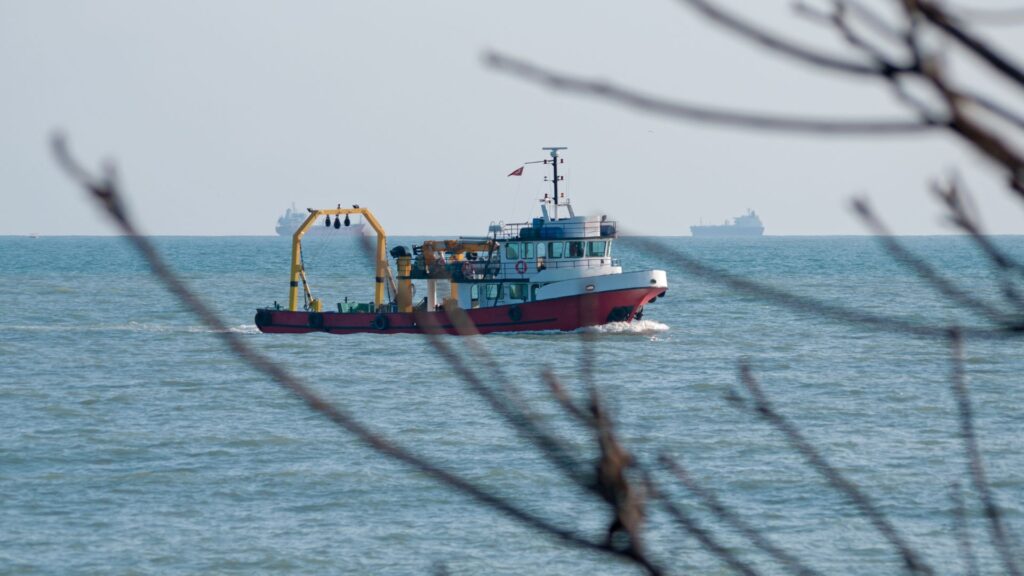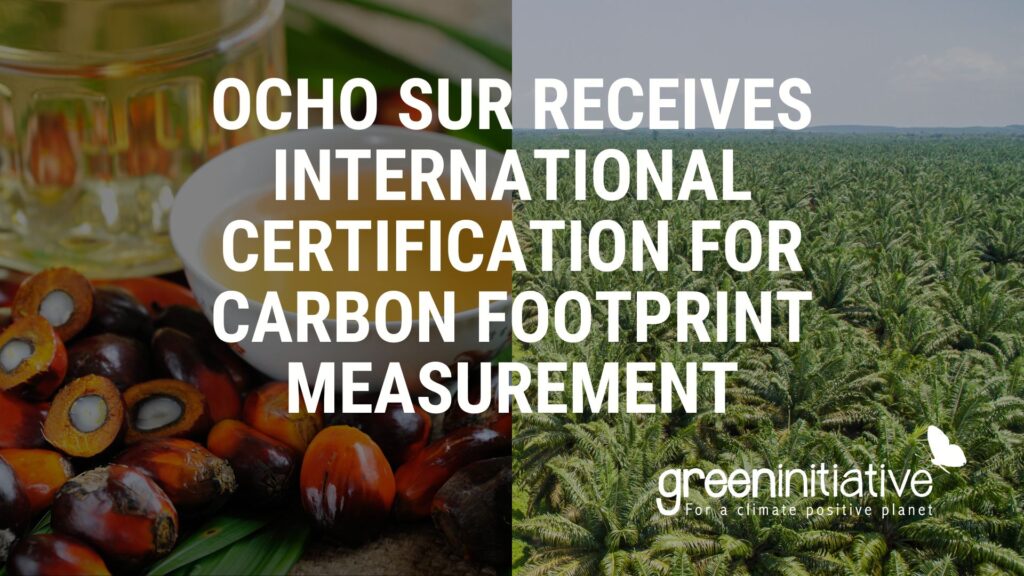The Importance of Carbon Footprint Management and Increasing Sustainability in the Fishing Sector: Celebrating NFCS’s Carbon Measured Certification
In today’s world, where climate change and environmental sustainability dominate global economic challenges, industries worldwide are under increasing pressure to reduce their carbon footprints and adopt efficient climate and nature positive. The fishing industry, a vital component of global food security and a significant source of employment is no exception. The National Fishermen Cooperative Society (NFCS), one of Belize’s most well-established cooperatives of lobster and conch fishers, has recently made a commendable stride in this direction by achieving Green Initiative’s Carbon Measured Certification. This milestone highlights the role of carbon footprint management as a core aspect of the NFCS’s long-term competitiveness, assuring new opportunities for market access and integration with global value chains. The project was directly supported by the Caribbean Regional Fisheries Mechanism (CRFM) as an effort to move Belize’s fisheries development path towards a low carbon/carbon neutral operation in support of blue economy development policy and strategy. By progressively improving its management practices and embracing technological, financial, and structural innovations, NFCS is balancing economic performance with CO2 emissions reduction, fish stock sustainability, and marine ecosystem conservation. This positions the cooperative on a clear path toward a more sustainable and competitive future. Accelerating the Decarbonization of Fisheries in the Caribbean The fisheries sector is a critical component of global food security and income generation, particularly for small island states, and it is a significant source of employment, supporting over 58 million people worldwide. (FAO, 2022) However, it also contributes approximately 4% of the total greenhouse gas (GHG) emissions of the food sector. To ensure the key role fisheries can play in the green, net-zero emissions economy, there is an urgent need to roll out decarbonization investments that will support small cooperatives of fisheries such as the NFC=S to execute the investments required to increase efficiency, reduce energy costs and enter into new and fast-growing sustainable fisheries markets. The journey towards decarbonizing the fisheries sector in the Caribbean can be categorized into three primary levels of challenges. The first and most significant challenge is the technological maturity. Unlike other sectors, the technologies required to achieve net-zero emissions in the fisheries sector have not yet matured. Fishing vessels operate offshore, often far from ports, necessitating highly reliable solutions. The closest technologies that can aid in the transition include energy-efficient measures such as engines that consume less fuel and emit fewer pollutants, as well as improved vessel designs. The second level of challenge involves the development and adoption of alternative fuels. Using biofuels, biogas, hybrid engines, and green hydrogen can significantly reduce emissions. However, these technologies require further development and investment. The third level of challenge is the development of wind propulsion technologies. Historically, wind propulsion was the primary method of marine transportation. While there have been advancements in tourism sailing, such as cruise ships, these have not yet been widely adopted in the fisheries sector. Investing in smart and innovative wind propulsion technologies could enable both small and large-scale fisheries to utilize sails, reducing their reliance on fossil fuels. Besides the development of new technologies, transitioning to more sustainable practices in the fisheries sector involves significant financial investment and structural changes. The replacement of fishing vessels is a long-term investment, typically occurring every 20 to 40 years. Creating incentives in both the public and private sectors is crucial to facilitate this transition so newer sustainable vessels can be adopted with fewer capital risks. Ports also need to be equipped with the necessary infrastructure to support new and alternative fuels, ensuring a smooth transition as older vessels are replaced with newer, more sustainable models. Conservation and restoration of marine ecosystems are also critical to maintaining biodiversity and supporting fish stocks and, consequently, long-term prosperity for both the fisherman and the ecosystems on which they rely. As Vivas (2024) refers, balancing these objectives is challenging as they require a strategic vision, science-based management for appropriate fisheries stock conservation, and investments. This may be particularly difficult for small fisheries, but this is exactly the type of challenge that the NFCS assumes, playing a leading role at the regional and international levels. The Carbon Measured Certification Cycle In 2024, NFCS supported by the CRFM, conducted a detailed assessment of its carbon footprint, covering Scope 1, 2, and 3 emissions. This thorough approach ensures that all emission sources within their operations are accounted for. According to the results, NFCS’ greenhouse gas emissions were significantly lower than other benchmarks in the lobster fishing industry, emitting an impressive 2,95kg of CO2 per kg of the final product, while other analyzed Australian fisheries emitted from 6.92 to 13.00 kg of CO2 per kg of the final product, considering the emissions related to fishing, processing, and packaging. By analyzing the most impactful emission sources, NFCS outlined several mitigation measures, including transitioning to clean energy sources, investing in energy-efficient engines and technologies, exploring alternative fuels, and optimizing fishing operations. These steps aim to significantly reduce their carbon emissions in the following years. NFCS’s initiative involves transparent implementation and active participation from all stakeholders, ensuring a lasting positive impact on the environment, society, and the economy. Conclusions By taking proactive steps to measure and progressively reduce its CO2 emissions, NFCS is not only enhancing its sustainability but also strengthening its competitive advantage within the international fisheries market. Positioned as one of the few low emissions fisheries producers globally, NFCS is strategically poised to integrate into sustainable fisheries value chains, which are expanding more rapidly than traditional, less sustainable practices. A clear example of this opportunity lies in the Caribbean’s international cruise lines, many of which are committed to decarbonization and sourcing from sustainable fisheries. By managing its climate footprint, NFCS is becoming a key supplier of sustainable lobster, helping cruise ships reduce their scope 3 carbon emissions. This demonstrates how climate mitigation strategies can generate tangible benefits for small-scale fisheries in the Caribbean. Let’s celebrate NFCS’s commitment to sustainability and look forward to a future where the fishing industry not only thrives but does so in harmony with the




